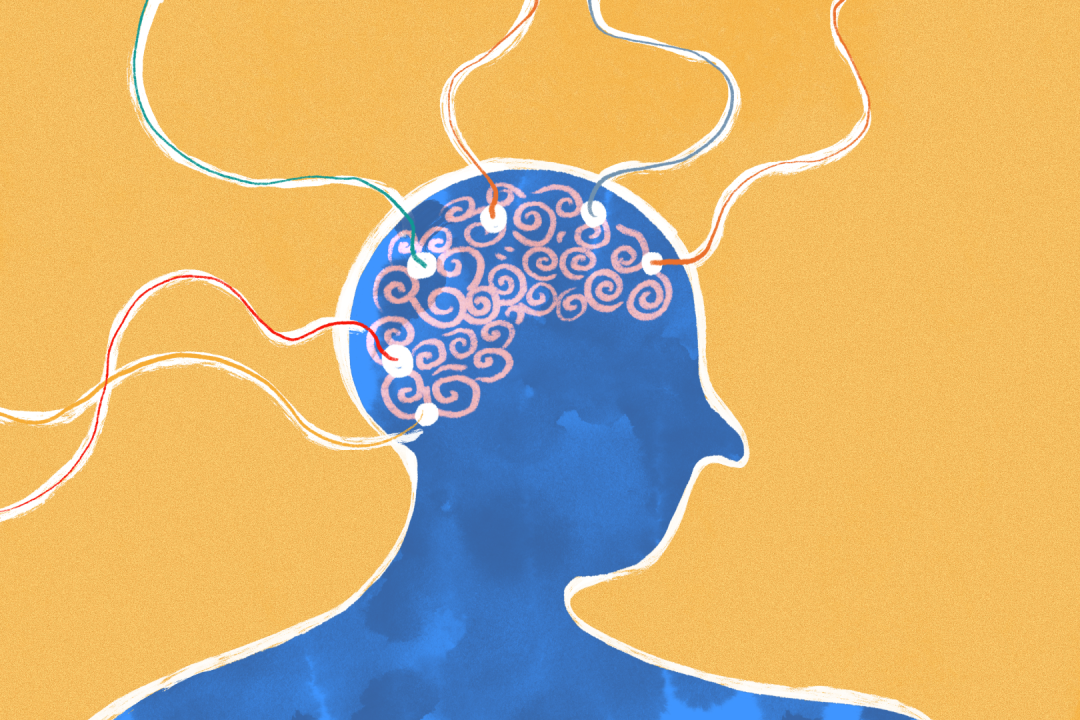
The impact of ISIS on the psychological state of Yazidi survivors
By: Hiba Qasim Hasan
On August 3, 2014, the Islamic State of Iraq and Syria (ISIS) attacked Sinjar, Northern Iraq, where the Yazidi people live. They used extreme brutality against the Yazidi minority, killed many men and old women, and captured girls and young women. Rape, sexual violence, and physical abuse were experienced by women and until today, there is a high number remaining in ISIS captivity.
According to psychologists working at the Jesuit Refugee Service (JRS), women who survived ISIS captivity and the various tragedies it ensued, are psychologically unstable. They suffer from post-traumatic stress disorder (PTSD) and/or depression. Some women experience the comorbidities of both PTSD and depression, a situation further challenged by feelings of survivor guilt. As a result of these psychological problems, some women currently find it difficult to accept their life situation and they cannot function in daily life. According to Pisyar, a psychologist interviewed, women “reach a level where even if they laugh, they ask themselves why am I laughing, I should not be laughing. I cannot feel happy after going through all this”.
Many victims, especially those who are victims of sexual violence, do not let anyone touch them or come close to them, sometimes even if their children touch or hug them, they scream in fear. They are always scared and afraid of re-experiencing the events, especially if they are alone and not doing anything. Simple things make them angry and anything can remind them of those terrible events, for example, the taste of certain foods, some sounds, some people, and so on. This means that any one of the survivors’ five senses can trigger a flashback to horrible memories that happened during their torturous time in captivity.
The majority of women are detached from people because they are afraid of people asking them about their life with ISIS. They lose their self-confidence as well as trust in people, and cannot face the community. As International Organization of Migration (IOM) psychologist Hawar confirms, a high number of them choose suicide when they feel that no one understands them. He adds that this decision depends on personality: some of them are very sensitive and cannot find a way to accept their life. Others are strong enough and get better with the help of psychologists and psychotherapists. A number of them suffer from dissociation when a victim can faint, become frightened, or emotionally shut down. In such cases, the victim reports feeling disconnected from the environment and bodily sensations.
Psychotherapist Pisyar stated that there are many cases where women become addicted to alcohol and smoking, although this habit is very rare in society, especially for women and girls. Some survivors suffer from sleep deprivation due to nightmares while others sleep most of the time due to depression and their desire to escape from reality.
These psychological problems and stresses lead to some physical problems as well, such as fatigue, headache, loss of appetite, dizziness, and acidity. These symptoms differ from one person to another.
Psychotherapists treat these survivors using many methods, including Eye Movement Desensitization and Reprocessing (EMDR) therapy. However, specialists in this method are rare in the region. EMDR stimulates both sides of the brain whilst targeting specific problems or memories. There are many ways to do it such as using eye movement or tapping. The aim here is to not deny what happened, to accept it and leave it in the past not to let it haunt the patient in the future. It helps the patient to process the emotions, memories, or bodily sensations that cause problems.
Cognitive Behavioral Therapy (CBT) is widely used and is a talking therapy that helps patients to manage their problems by changing the way they think about them. The aim here is to help the patient come to terms with overwhelming problems in a more positive way by minimizing them and trying not to make them a big deal that has no solution.
Narrative Exposure Therapy (NET) is also used. While some see NET as a technique of CBT, others disagree. Evidence suggests that exposure therapy works by reconnecting areas of the brain that stopped communicating due to traumatic events, which in turn leads to better relationship functioning and social engagement. This method is mostly used in patients with PTSD.
According to JRS psychologists, the success and struggles of these methods depend on the patients and how they respond to them, and which method they respond to positively. As IOM psychologists made clear, this often depends on the individual and whether they suffer from a combination of PTSD and depression.




